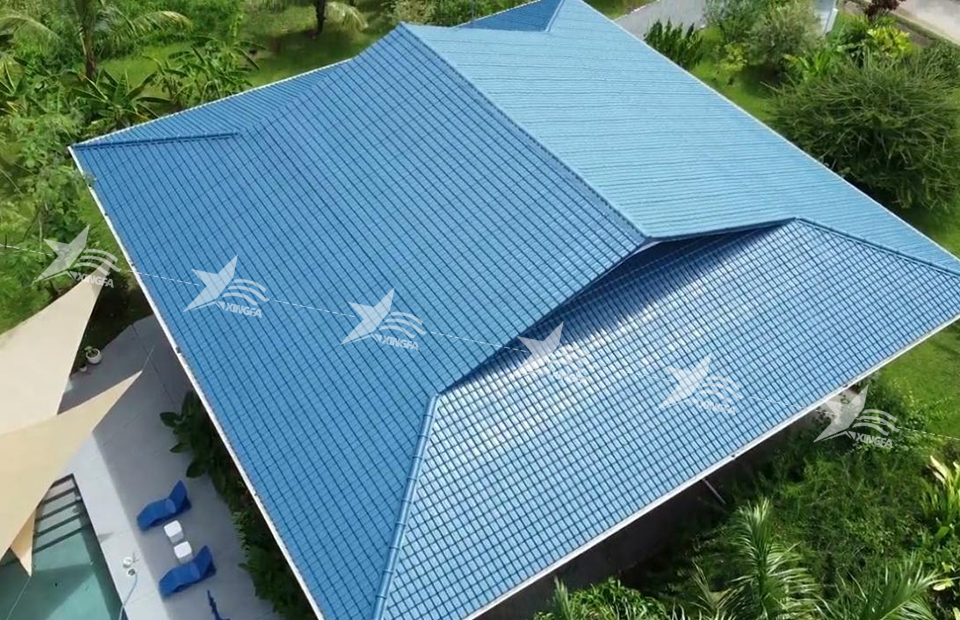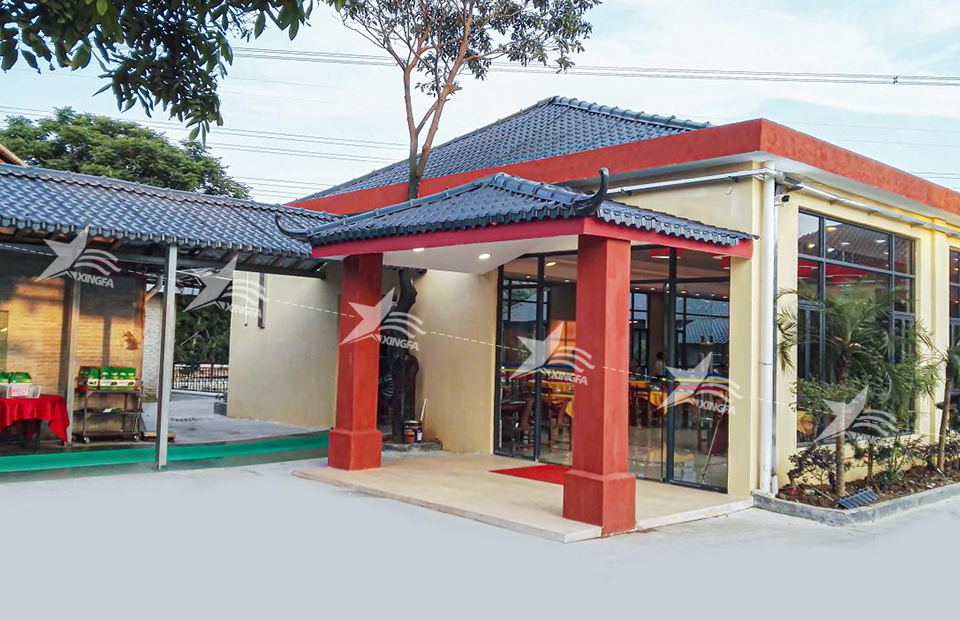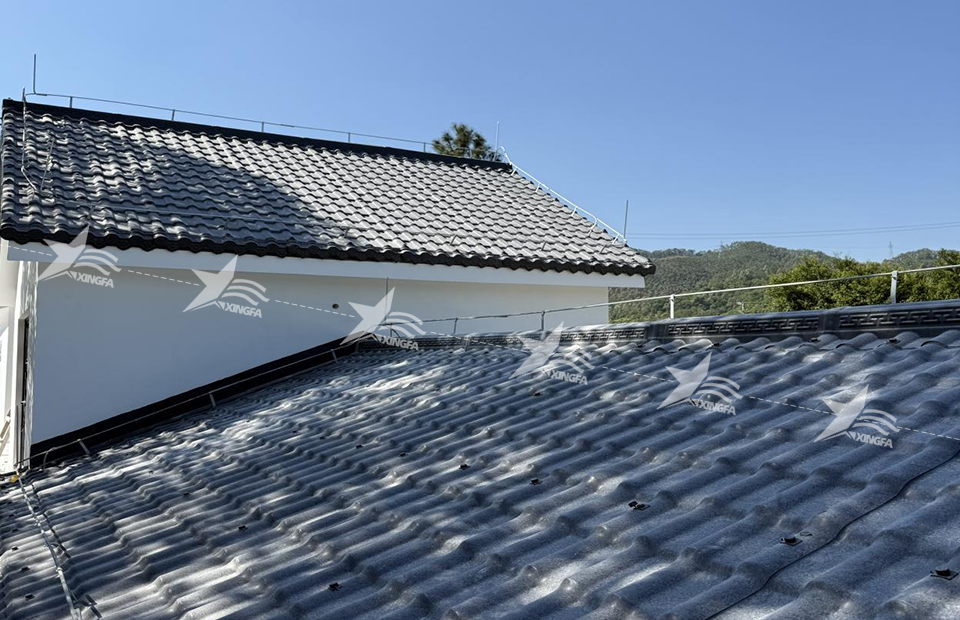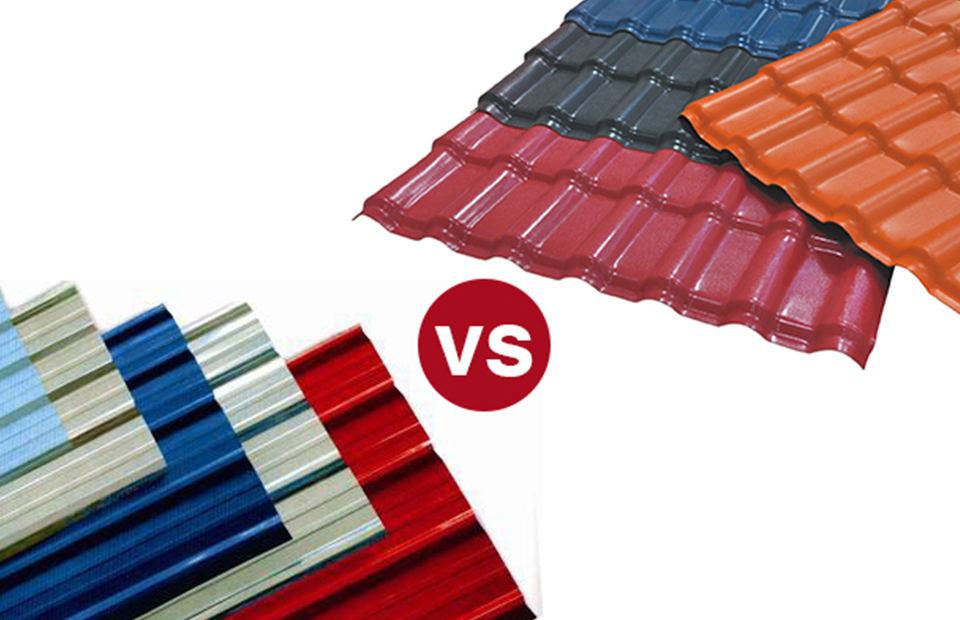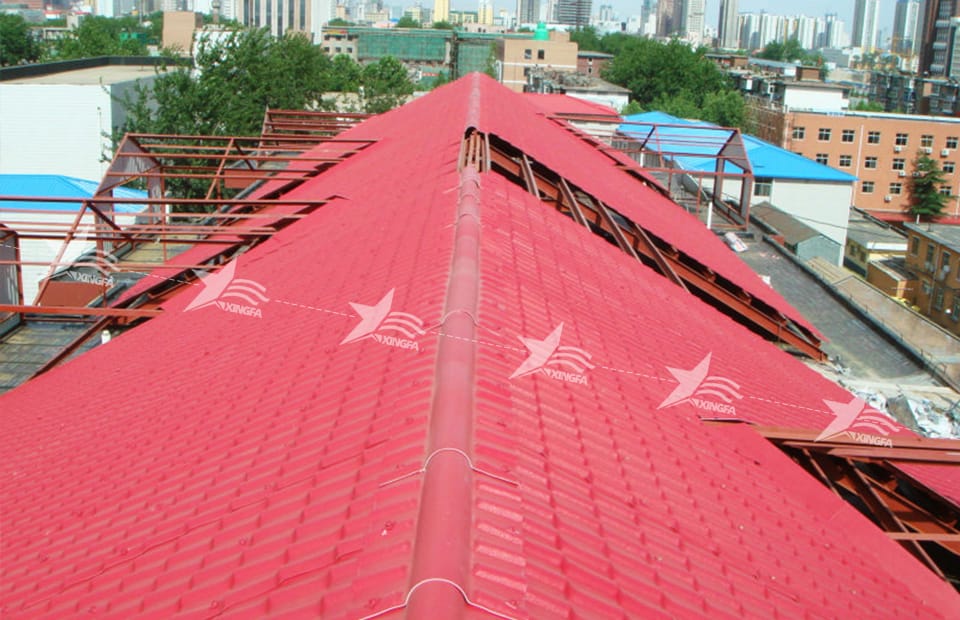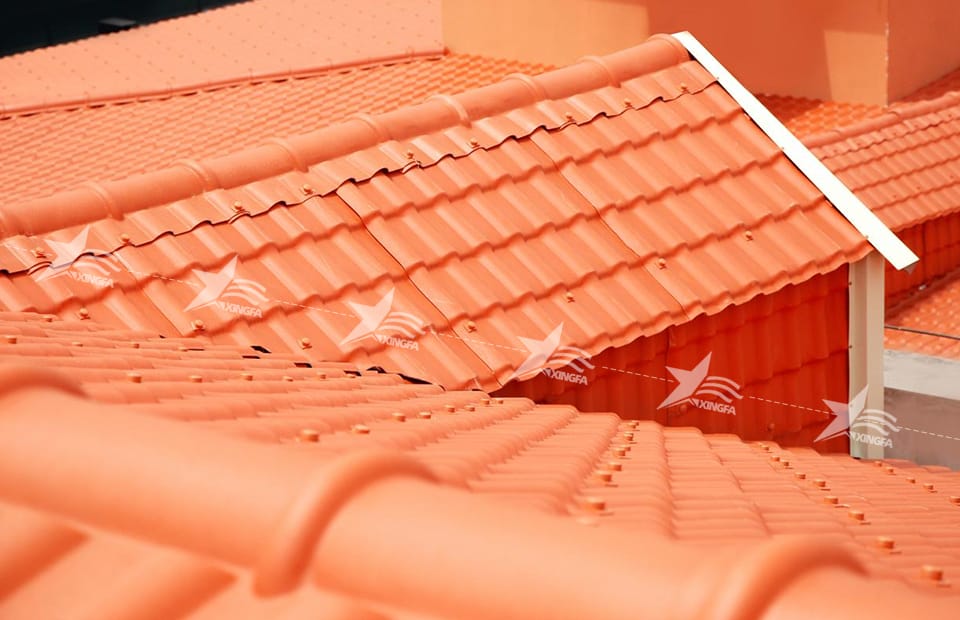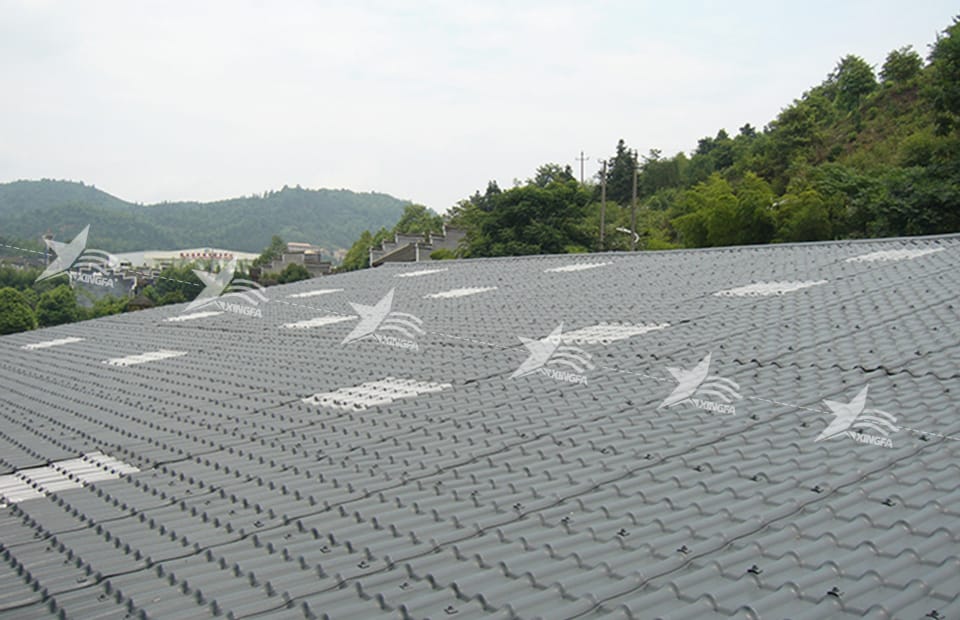Synthetic resin tile is widely used in the construction industry because of its excellent properties. However, many people still have some questions about the performance of synthetic resin tiles in high temperatures. So how many degrees can synthetic resin tiles withstand? Let’s find out.
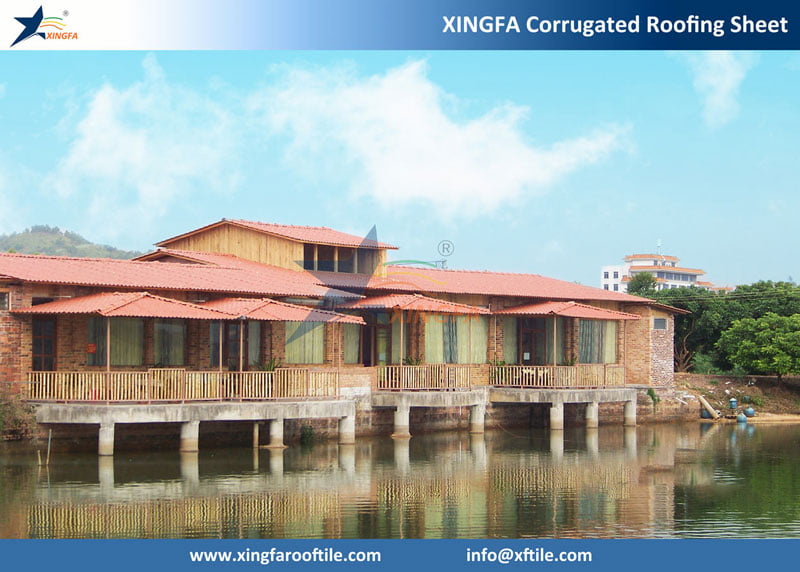
A synthetic resin tile is a composite material made by mixing a polymer resin with a fibrous material (such as glass fiber). This structure makes the synthetic resin tile have the characteristics of light weight, strong weather resistance and good insulation, but its performance in the high temperature environment is limited to some extent.

In general, the high temperature tolerance of synthetic resin tiles is related to the type of polymer resin used. Common polymer resin materials include polypropylene, polyvinyl chloride, polyester, etc. Among them, polypropylene is usually used in the production of synthetic resin tiles, because polypropylene has high heat resistance.
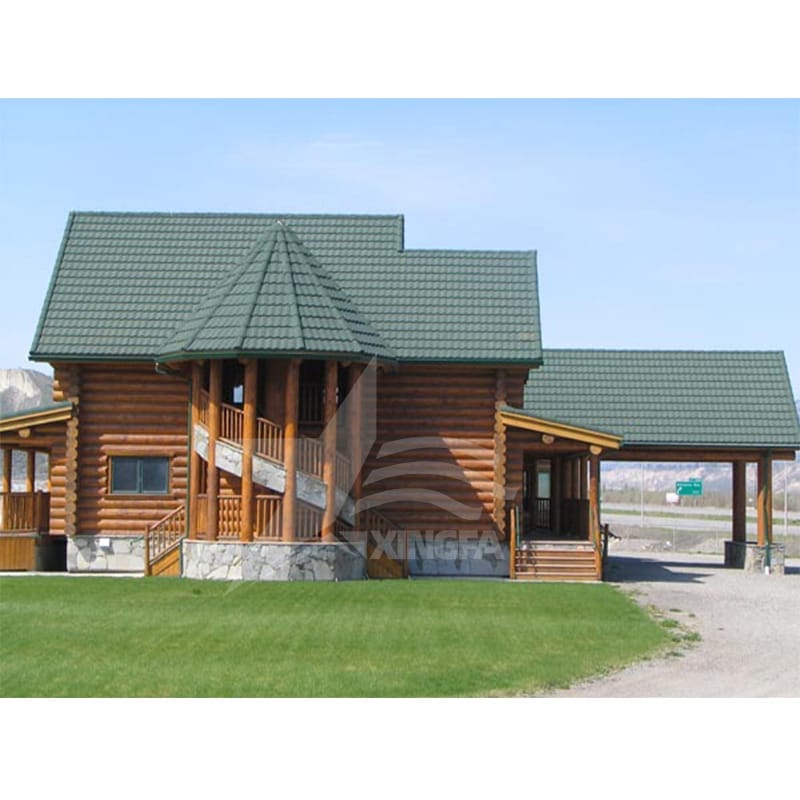
According to the relevant research and practical application experience, the high temperature resistance capacity of the synthetic resin tile is generally between 50℃ and 70℃. In this temperature range, synthetic resin tiles can be used normally and not significantly affected. However, when the temperature exceeds 70℃, the performance of the synthetic resin tile begins to decline, and deformation, discoloration, brittle and other conditions may occur. Therefore, in the high temperature environment, we need to pay attention to control the temperature, avoid exceeding its temperature resistance range, to ensure its normal use and extend its service life.



